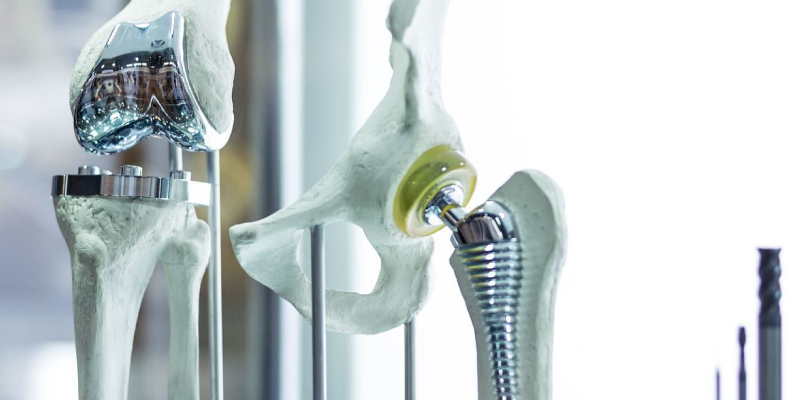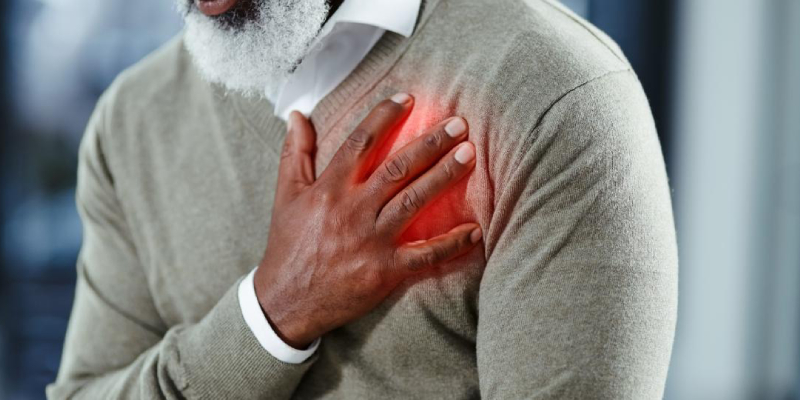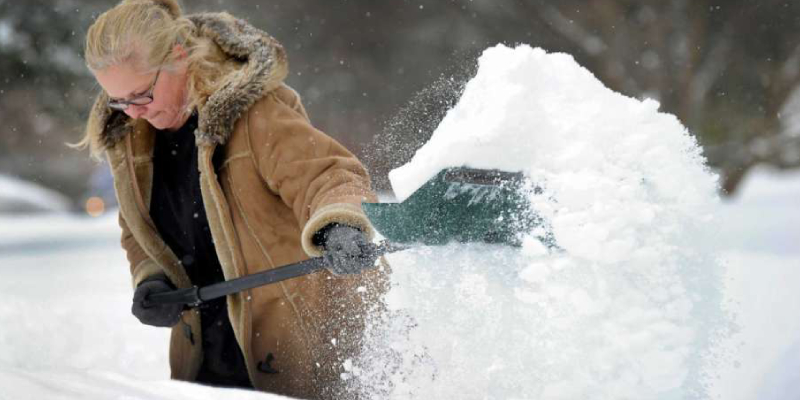
Currently, the most common elective surgery in the country is for knee replacements, approximately 700,000 per year. With an aging population driving demand, more companies are creating opportunities to get into the market. OtisMed Corporation marketed OtisKnee before FDA clearance, resulting in numerous knee surgeries that ultimately failed.
According to a recent NY Times article, the OtisMed Corporation did not obtain FDA approval for their device before selling and shipping them. When OtisMed did apply, the FDA rejected it, indicating that the company did not show that their product was safe and effective. According to the Justice Department, before the rejection, between 2006 and 2009, OtisMed sold and distributed 18,000 OtisKnee devices. As a result, in December, 2014, the former CEO of OtisMed pleaded guilty to criminal charges as part of an $80 million settlement. Sentencing is scheduled for March 18, 2015. “Americans must be able to trust that they are treated with medical devices that have been shown to be safe and effective,” said Deputy Assistant Attorney General Jonathan Olin for the Justice Department’s Civil Division. “The Department of Justice will not tolerate companies and individuals that cut corners when it comes to the public’s health.”
A principal reason why the OtisKnee was an appealing option for the surgeons who installed it was how fast the device could be installed, allowing them to perform as many as twelve knee replacements in one day. OtisMed marketed the OtisKnee directly to providers as an option to simplify surgery and bring in extra income. However, problems with the alignment of the device in turn caused the procedures to frequently not go as planned. Eventually, it was determined that the cutting guide materials had been changed and may have warped during the sterilizing procedure.
It is not known how many patients were harmed by the unapproved OtisKnee. Are knee replacement patients being used as guinea pigs for unapproved devices? Are medical device companies pre-marketing or mis-classifying devices so that they can bypass F.D.A. regulations? Until more mistakes are discovered, the answers to these questions remain unknown. But what is known is that consumer safety should always be placed ahead of corporate profit.



